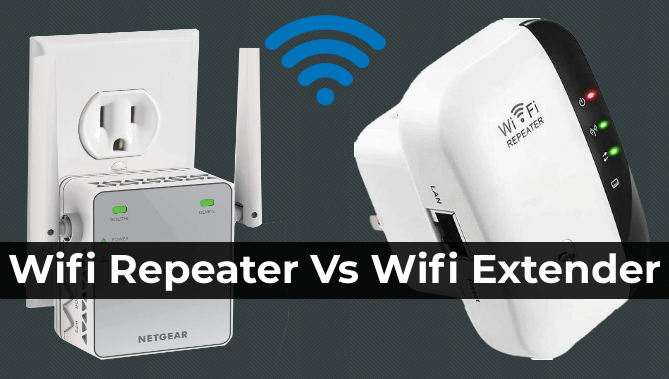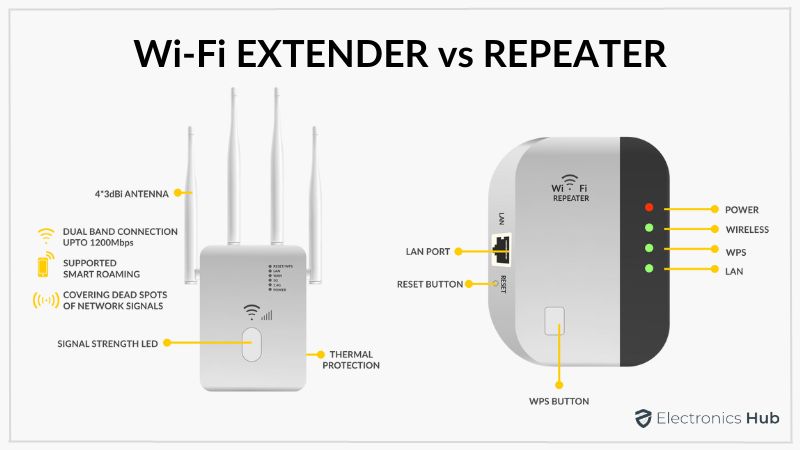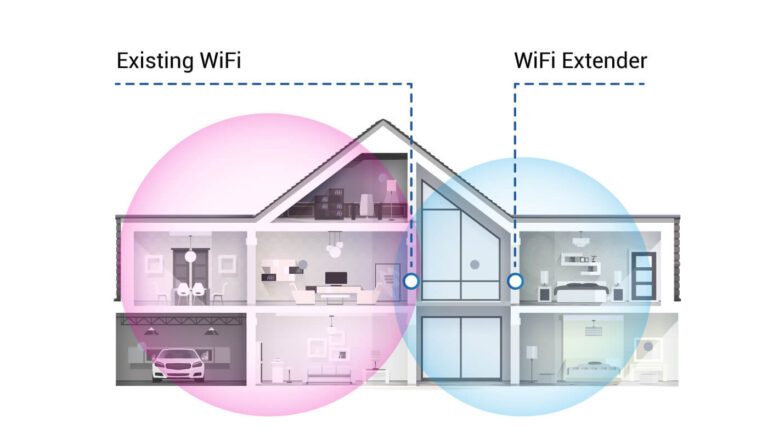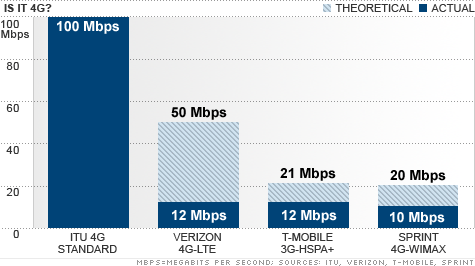Which Is Better Wi-Fi Extender Or Repeater?
Wi-Fi extenders and repeaters are two devices that can be used to extend the range of a Wi-Fi network. The main difference between an extender and a repeater is the way they extend the range of a network. A repeater takes the signal from a router or access point and amplifies it, while an extender communicates with the router and creates a separate network with the same name.
When deciding which one is better, the most important factor to consider is the size of your home or office. A Wi-Fi extender is a better choice for larger homes or offices as it can create a separate network with the same name, which allows multiple devices to connect. On the other hand, a repeater is better for smaller spaces as it amplifies the signal from the router or access point.
In conclusion, the best option for you will depend on the size of your home or office and the type of coverage you need. If you have a large area that needs to be covered, a Wi-Fi extender is likely the better option. However, if you are in a smaller space, go with a repeater.
What is a Wi-Fi Extender?
A Wi-Fi extender is a device that boosts the signal strength of a Wi-Fi network, allowing it to reach farther into the home or office, and provide a stronger connection. It uses the same technology as a router, but connects to an existing network so that it can extend the range of the signal. Wi-Fi extenders can be used to create a larger coverage area, eliminating dead spots and providing better access to the internet. By providing more coverage, a Wi-Fi extender can also help reduce network congestion, allowing for faster speeds. In addition, Wi-Fi extenders can be used to help protect the privacy of your wireless network, as they can be used to create a separate network for guests and other devices.
What is a Wi-Fi Repeater?
A Wi-Fi repeater is a device used to extend the range of a wireless network. It works by receiving the existing signal from the router, amplifying it, and then rebroadcasting it. The repeater is placed in an area with good reception, as it picks up the signal from the router and broadcasts it to the new area. It is an effective way to extend the range of a wireless network, as it allows signals to travel further than they would otherwise be able to. Wi-Fi repeaters can also be used to reduce dead spots in the home, where the signal is weak or non-existent, allowing users to access the network in hard-to-reach areas. The main advantage of using a Wi-Fi repeater is that it doesn’t require any additional hardware or changes to the existing network. It is also an inexpensive solution, as it eliminates the need for additional cabling or new equipment. Additionally, Wi-Fi repeaters are easy to install and configure, making them a popular choice for those who want to extend their network coverage without breaking the bank.
What are the Pros and Cons of Wi-Fi Extenders?
Wi-Fi extenders are popular solutions to improving the range and reliability of wireless networks. They have several advantages over traditional repeaters, including faster speeds, greater range, and more reliable connections. However, there are also some drawbacks to consider when deciding whether to use an extender or repeater. Let’s take a look at the pros and cons of Wi-Fi extenders.
The main benefit of Wi-Fi extenders is that they offer greater range and improved speeds over traditional repeaters. This is because most extenders use multiple wireless bands, which provide a wider coverage area and higher throughput. Additionally, extenders are usually designed to better handle interference from other wireless networks, giving them improved reliability.
On the other hand, Wi-Fi extenders can also be more expensive than repeaters. Additionally, they require a more complicated setup, as they need to be connected to the router via a wired connection. This means that they can be more difficult to install, and they may not be as suitable for users who don’t want to deal with the hassle of setting up a network.
All in all, Wi-Fi extenders can be a great way to improve the range and reliability of a wireless network. However, before making a decision, it’s important to weigh the pros and cons to make sure that it’s the right solution for your needs.

What are the Pros and Cons of Wi-Fi Repeaters?
When it comes to extending the range of your home wifi network, two of the most popular solutions are wifi extenders and wifi repeaters. But which one is better? To help you make the right choice, it’s important to understand the pros and cons of each.
Wi-Fi repeaters are simpler, less expensive, and require no additional hardware. They take an existing wifi signal and “repeat” it, expanding the range of your network, but at the expense of some speed. With this solution, you’ll experience a weaker signal than the original, since the signal is split in two.
On the flip side, Wi-Fi extenders work by connecting to your router and extending the signal. This means that you’ll get a stronger, faster connection. However, with this option, you’ll need to purchase additional hardware, which can be expensive.
In conclusion, it really comes down to your needs and budget. Wi-Fi repeaters can be a great choice if you don’t need the extra speed and just want to extend the range of your network. On the other hand, if you need faster speeds and don’t mind investing in additional hardware, a Wi-Fi extender may be the better choice.
How Do I Choose Between a Wi-Fi Extender and Repeater?
When it comes to extending Wi-Fi coverage, it’s important to understand the differences between a Wi-Fi extender and a Wi-Fi repeater. Both of these devices can help expand your wireless network, but they do so in different ways. To choose the best one for your needs, you must consider your home network setup, the type of signal you need, and the type of device you will be connecting to your network.
Wi-Fi extenders are used to boost the signal strength of your existing network by creating a new access point. They work by connecting to your existing router and then rebroadcasting the signal. They typically have a longer range than repeaters, but they are more expensive and won’t be able to extend the signal as far as a repeater.
On the other hand, Wi-Fi repeaters are used to extend the range of an existing network by repeating the signal from the router. They work by connecting to the router and then receiving the signal. It then amplifies the signal and rebroadcasts it, allowing for a longer range. While they are typically cheaper than extenders, they won’t be able to provide as strong of a signal as an extender.
When deciding which device is best for you, it’s important to consider the type of signal you need, the size of your home, and the type of device you will be connecting to the network. If you need a stronger signal, an extender may be the best choice. If you need to extend the range of your network, a repeater may be the best choice. Ultimately, the choice between an extender and a repeater depends on your needs and the network setup in your home.
How to Set Up a Wi-Fi Extender or Repeater?
The ability to extend the reach of your Wi-Fi network with a range extender or repeater can be a real game-changer for any home or office. But before you can enjoy the extra coverage, you need to know how to set one up.
Wi-Fi extenders and repeaters are both designed to enhance your wireless network’s coverage, but there are some key differences to consider. Wi-Fi extenders connect directly to the router, while repeaters connect to the existing network and rebroadcast the signal.
When setting up a Wi-Fi extender or repeater, you’ll need to consider the placement of the device. Ideally, you’ll want to place the extender as close as possible to the router, but not too close that it interferes with the signal. You’ll also want to make sure the extender is in an area with good coverage.
To set up a repeater, you’ll need to connect it to the existing network. Once connected, you’ll need to configure the settings to match the existing network. This can be done through a web-based setup page or a mobile app.
Once the device is configured, you can start using it to extend the reach of your network. It’s important to note that the speed of the connection may be slower than the original network, especially when the repeater is located farther away from the router.
By understanding the differences between Wi-Fi extenders and repeaters, as well as the setup process, you can ensure that you’re getting the most out of your wireless network.
FAQs About the Which Is Better Wi-Fi Extender Or Repeater?
1. What is the difference between a Wi-Fi extender and a repeater?
A Wi-Fi extender is designed to boost the signal range of an existing network while a repeater is designed to extend and enhance the signal range and coverage of an existing wireless network.
2. How do I know which one I need?
It is important to consider the size of the area that you need to cover with your wireless network before deciding which device is best for you. Wi-Fi extenders offer better coverage in larger areas, while repeaters are better suited for smaller spaces.
3. Are there any other benefits to using a Wi-Fi extender or repeater?
Yes, both devices can also be used to increase the speed of your existing network by reducing the number of devices connected, as well as helping to reduce interference from other networks.
Conclusion
In conclusion, whether a Wi-Fi extender or repeater is better for your home or office depends on your individual needs and preferences. If you need a device that will extend your Wi-Fi coverage and provide more reliable speeds, then a Wi-Fi extender is the better option. However, if you need a device that will boost your signal strength with minimal setup and cost, then a repeater might be the better choice. Ultimately, it’s up to you to decide which solution best fits your needs.




